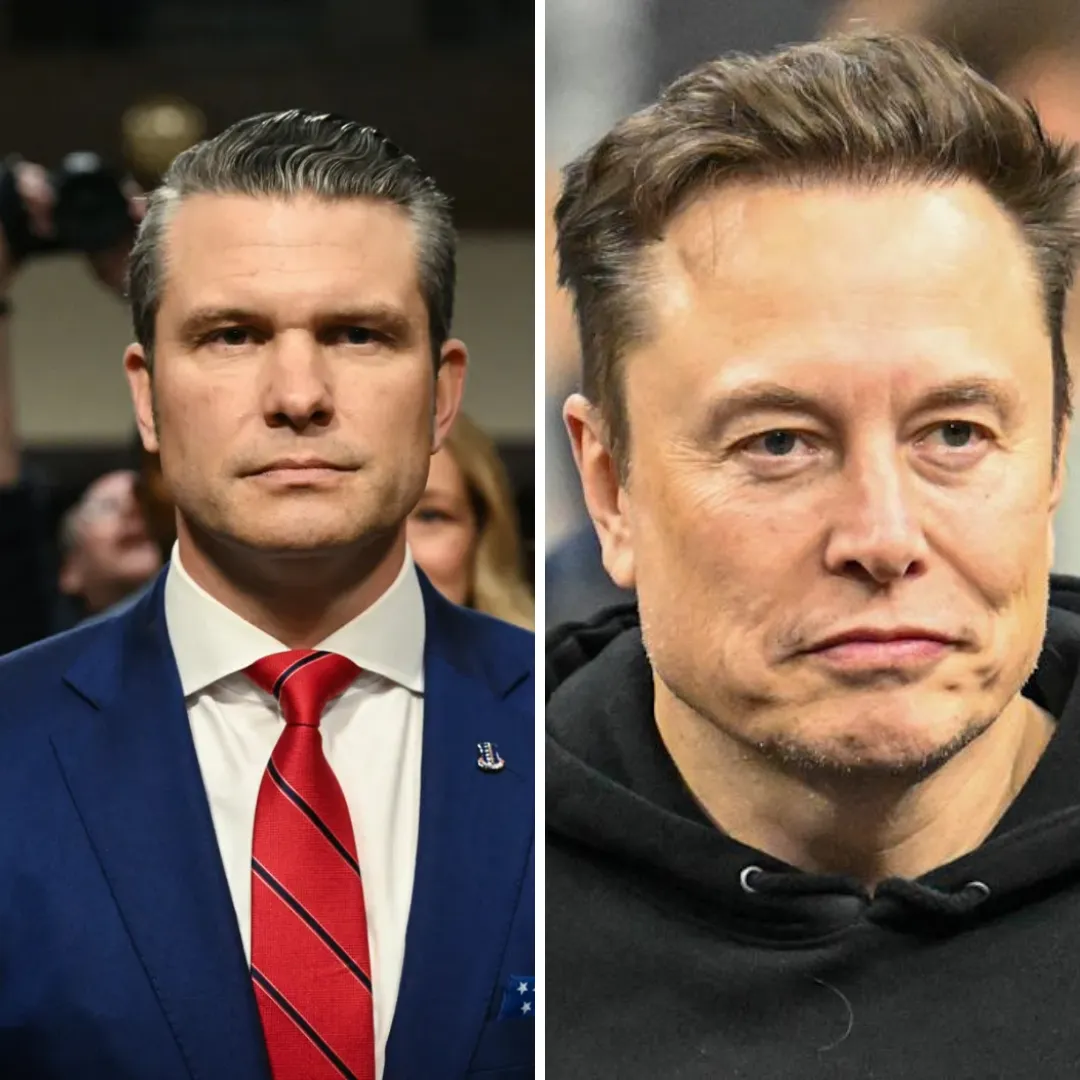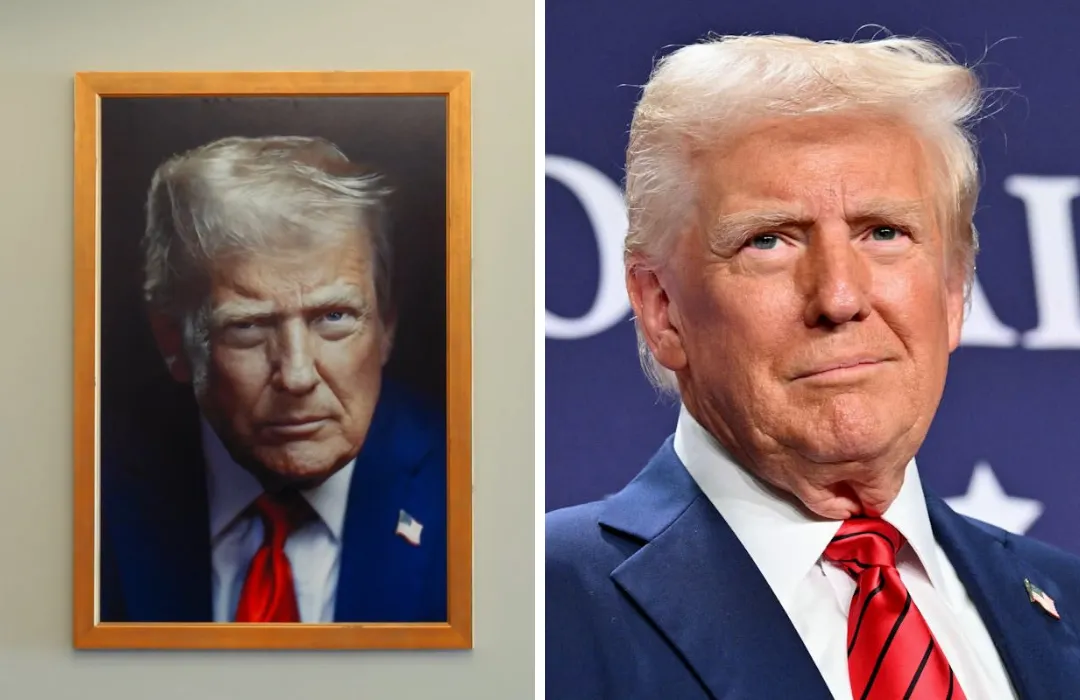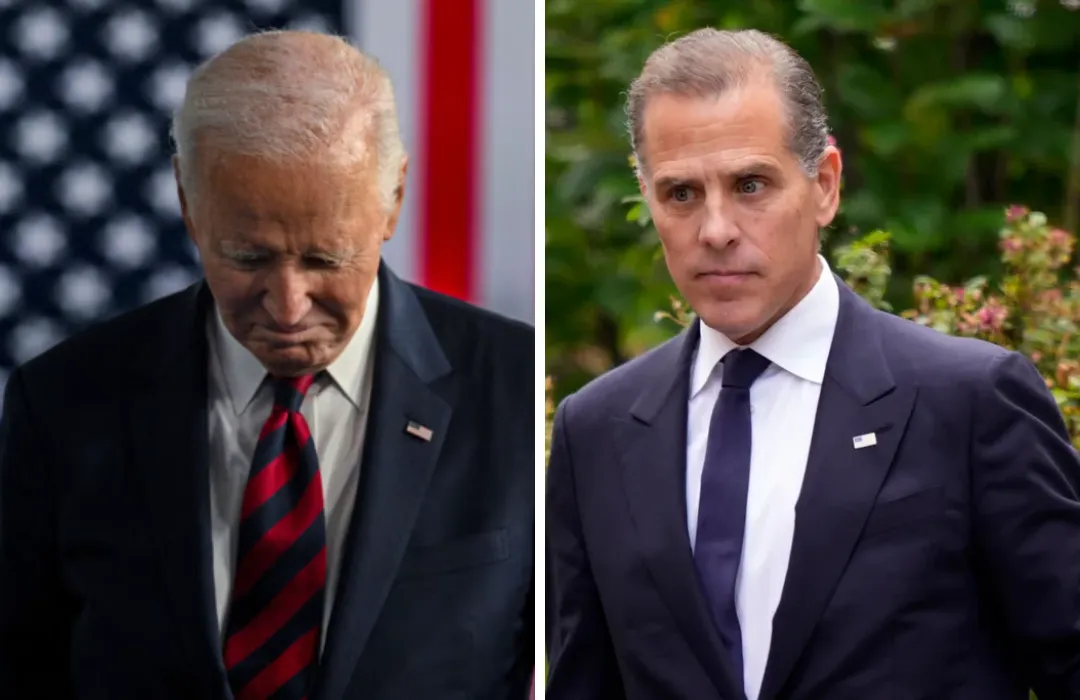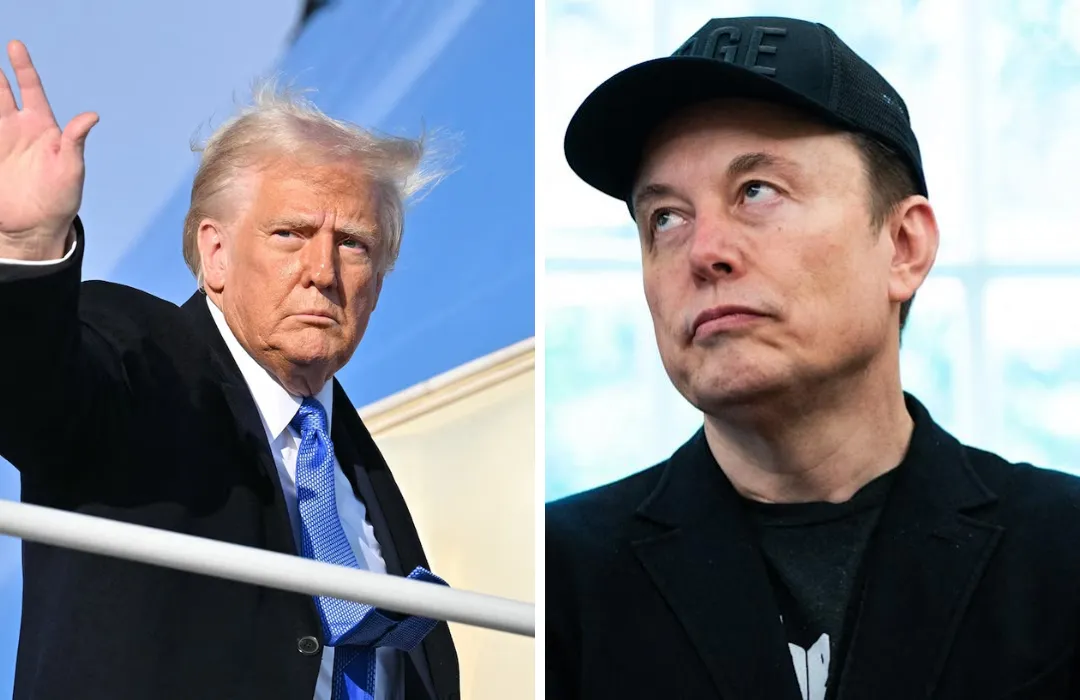Donald Trump is celebrating a significant regulatory shift announced by the Treasury Department that will roll back one of the most controversial laws aimed at combating money laundering. On Sunday, the Treasury Department confirmed it would cease enforcing penalties and fines related to the Corporate Transparency Act’s (CTA) beneficial ownership information reporting rule.
The rule, which was initially designed to shed light on the hidden owners of shell companies, will no longer be applied under the current regulatory framework.
The CTA, passed in 2021 under the Biden administration, was part of an effort to fight tax evasion, corporate corruption, and money laundering. The law required businesses to report information about the individuals who own or control a company, whether directly or indirectly.
The purpose was to prevent financial crimes by creating more transparency regarding who is ultimately controlling companies, especially shell companies that have been used for illicit activities such as hiding profits and avoiding taxes.
However, with the Treasury Department's latest announcement, the government will no longer require companies to disclose their owners and beneficiaries, effectively allowing corporate entities and wealthy individuals to keep their business dealings private. This move has drawn criticism from those who see it as a blow to efforts aimed at creating a more transparent corporate world.
Trump wasted no time celebrating this significant regulatory change, quickly posting on Truth Social. His post read, "Exciting News!" and he went on to praise the suspension of the rule, calling it "an absolute disaster for Small Businesses Nationwide."
Trump's message continued, “Furthermore, the Treasury is now finalizing an Emergency Regulation to formally suspend this rule for American businesses. The economic menace of Beneficial Ownership Information reporting will soon be no more."
The CTA’s requirements were highly unpopular among Republicans, who argued that it imposed burdensome reporting requirements on small businesses. While the intention of the law was to prevent illegal financial activities, the rule about beneficial ownership was particularly controversial, as it forced businesses to provide personal information about their ownership structures.

Critics of the rule claimed that such disclosures were invasive and unfairly complicated for many businesses to manage.
Initially, the rule was set to take effect in January, but its enforcement was frozen by a federal court order. With the Treasury Department's announcement of its decision to halt enforcement, the regulation will now be suspended indefinitely, and businesses will no longer face penalties for non-compliance.
This marks a significant victory for Republicans who have long opposed such regulations.
The Corporate Transparency Act was introduced during Biden's administration as a key part of his effort to address tax evasion, money laundering, and corporate corruption. By requiring businesses to report the identities of their owners, the law sought to close loopholes that allowed powerful individuals and entities to hide their wealth, avoid taxes, and engage in illegal activities without being detected.
However, the law's implementation has faced strong opposition from many conservative politicians, including Trump, who has consistently fought against policies he views as overly restrictive for businesses.
Donald Trump’s stance on the Corporate Transparency Act is consistent with his broader approach to financial regulation. Throughout his presidency, Trump sought to ease restrictions on businesses and corporations, arguing that excessive regulations stifle economic growth and job creation.
His administration rolled back numerous financial and environmental regulations, including limiting the power of the Consumer Financial Protection Bureau, which was established to protect consumers from unfair financial practices.
Trump's latest victory, in the form of the suspension of the CTA’s beneficial ownership rule, is part of a broader pattern of deregulation that has continued after his presidency. Trump’s stance aligns with his desire to protect the interests of the corporate world and limit the government's role in regulating businesses.
The decision to halt the enforcement of the CTA rule is viewed by many as a way to make it easier for businesses to operate without scrutiny, allowing them to continue their operations with less oversight.
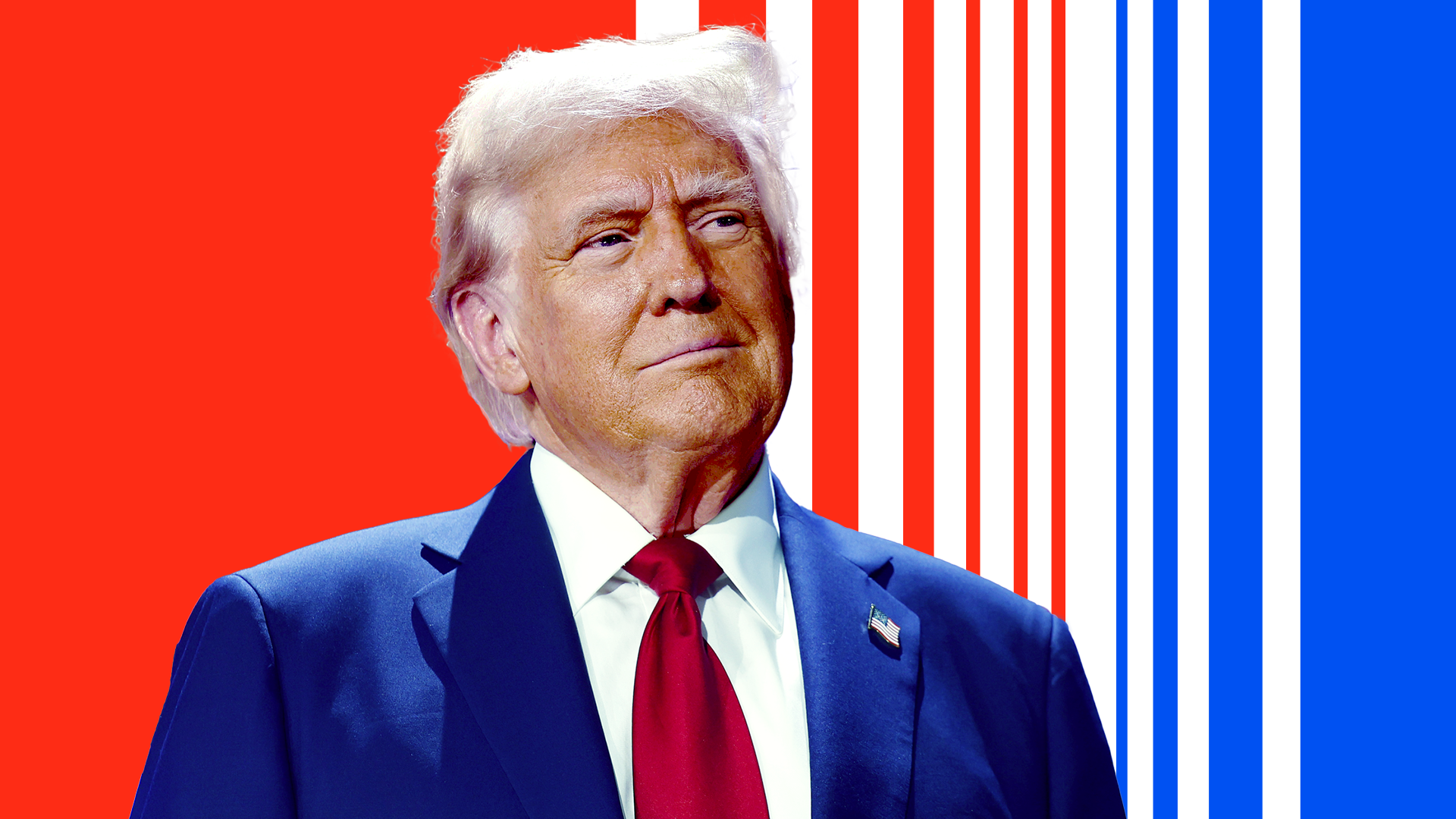
The suspension of the beneficial ownership reporting requirement comes on the heels of other controversial moves by Trump that have raised concerns about corporate accountability and transparency. Earlier this month, Trump also issued an executive order freezing the enforcement of the Foreign Corrupt Practices Act, a 48-year-old law that prevents U.S. companies and individuals from offering bribes or gifts to foreign officials to gain business advantages.
By freezing enforcement of this law, Trump furthered his position of reducing regulations on businesses.
The implication of these changes, especially the rollback of rules that sought to shine a light on hidden financial transactions, could lead to a more opaque business environment. If companies and individuals are able to keep their ownership structures and financial dealings secret, it may become harder for authorities to detect and prevent money laundering, tax evasion, and other forms of financial corruption.
For many critics, Trump’s approach appears to prioritize the interests of wealthy corporations and businesspeople over the need for a transparent and accountable financial system. While Trump continues to argue that such regulations are an economic burden on businesses, opponents contend that these deregulations could lead to more corruption and less oversight in the corporate world.
As the regulatory environment continues to evolve, questions remain about the long-term impact of these changes. Will Trump’s policies continue to loosen financial regulations and make it easier for the wealthy to hide their profits?
Or will there be a pushback from lawmakers and public officials who are determined to strengthen corporate transparency and financial accountability? The future of financial regulation in the United States remains uncertain, but one thing is clear: Trump’s efforts to scale back financial oversight have already had a significant impact on the business landscape.

In the coming months and years, it will be important to watch how the Trump administration’s policies continue to shape the corporate world and whether his allies in the business community will continue to benefit from reduced scrutiny and oversight. As the 2024 election approaches, the debate over regulation and transparency will no doubt be a key issue, especially as the Trump administration continues to make moves that favor corporate interests over consumer protections.

